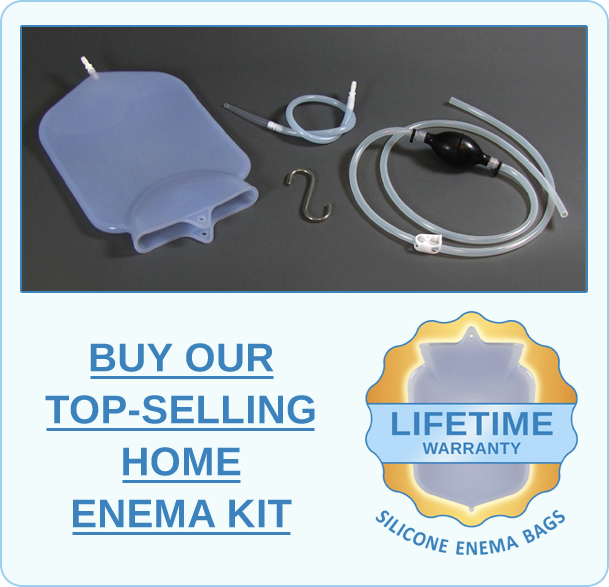Writing Your Way to Health
For the past four years, I’ve been writing in a weekly class
by means of a unique practice called Contemplative Writing. First we meditate
for 10 minutes. Then we receive a prompt like Beginnings, or I am thinking
about…, or What Will Never Happen Again?, or a favorite moment with a bowl of
soup. Then, we put pen to paper. Go. We are guided to write for 20 minutes,
without stopping, without editing, without looking back. I most often do it in
a weekly group, but I also write this way in retreats and on my own.
Recently, in the New York Times Health Section, Tara Parker-Pope’s article, Writing Your Way to Happiness, connected the dots for me on just how healing the telling of our story can be.
The article calls it expressive writing – writing about oneself. "The scientific research on the benefits of so-called expressive writing is surprisingly vast. Studies have shown that writing about oneself and personal experiences can improve mood disorders, help reduce symptoms among cancer patients, improve a person’s health after a heart attack, reduce doctor visits and even boost memory."
Here is a recent expressive writing that I did with my writing group:
Time and I are wrestling, perhaps to the death. Some days, as the black coots dive below the great waves of the gray lake where I write, I am certain that Time has me gripped in a headlock, face down on the sandy shore, next to the stench of a dead carp.
Just the other day, I gave up. Time let go. As I sat on the sand with my back to a wall of rocks, I felt myself become those coots, that lake, the entire eternal moment.
Then, a bald eagle flew overhead. Now, Time and I were wrestling again. Out of the corner of my eye, I could see the eagle swoop and swoop again towards those coots – those coots who were now elegantly, madly, and with great purpose, beating their wings, creating a room of water to surround.
Once Time realized the eagle might go hungry, she tossed me off so I could watch – could watch hunger and water and fear and grace meet. I sat again with my back against the rocks, along the shore of the gray lake and understood I was also empty and hungry; also afraid and wet. I went deeper within and felt time rush my body, pushing it against the rocks, forcing her whole weight against me. A rib cracked, a heart broke, a bird screamed.
Recently, in the New York Times Health Section, Tara Parker-Pope’s article, Writing Your Way to Happiness, connected the dots for me on just how healing the telling of our story can be.
The article calls it expressive writing – writing about oneself. "The scientific research on the benefits of so-called expressive writing is surprisingly vast. Studies have shown that writing about oneself and personal experiences can improve mood disorders, help reduce symptoms among cancer patients, improve a person’s health after a heart attack, reduce doctor visits and even boost memory."
Here is a recent expressive writing that I did with my writing group:
Time and I are wrestling, perhaps to the death. Some days, as the black coots dive below the great waves of the gray lake where I write, I am certain that Time has me gripped in a headlock, face down on the sandy shore, next to the stench of a dead carp.
Just the other day, I gave up. Time let go. As I sat on the sand with my back to a wall of rocks, I felt myself become those coots, that lake, the entire eternal moment.
Then, a bald eagle flew overhead. Now, Time and I were wrestling again. Out of the corner of my eye, I could see the eagle swoop and swoop again towards those coots – those coots who were now elegantly, madly, and with great purpose, beating their wings, creating a room of water to surround.
Once Time realized the eagle might go hungry, she tossed me off so I could watch – could watch hunger and water and fear and grace meet. I sat again with my back against the rocks, along the shore of the gray lake and understood I was also empty and hungry; also afraid and wet. I went deeper within and felt time rush my body, pushing it against the rocks, forcing her whole weight against me. A rib cracked, a heart broke, a bird screamed.
As the eagle
flew overhead with the coot in her beak, I remembered my pen and notebook. I
carefully reached over and picked them both up, dusted off the sand and
continued to write.
*************
Would you like to explore optimizing your health through writing? Join me on Blog Talk Radio to explore expressive writing and all other topics related to health. You can also e-mail or call the Optimal Health Network. Perhaps you’d like to be in a Contemplative Writing Group of your own!
*************
Would you like to explore optimizing your health through writing? Join me on Blog Talk Radio to explore expressive writing and all other topics related to health. You can also e-mail or call the Optimal Health Network. Perhaps you’d like to be in a Contemplative Writing Group of your own!
Labels: contemplative writing, healing












